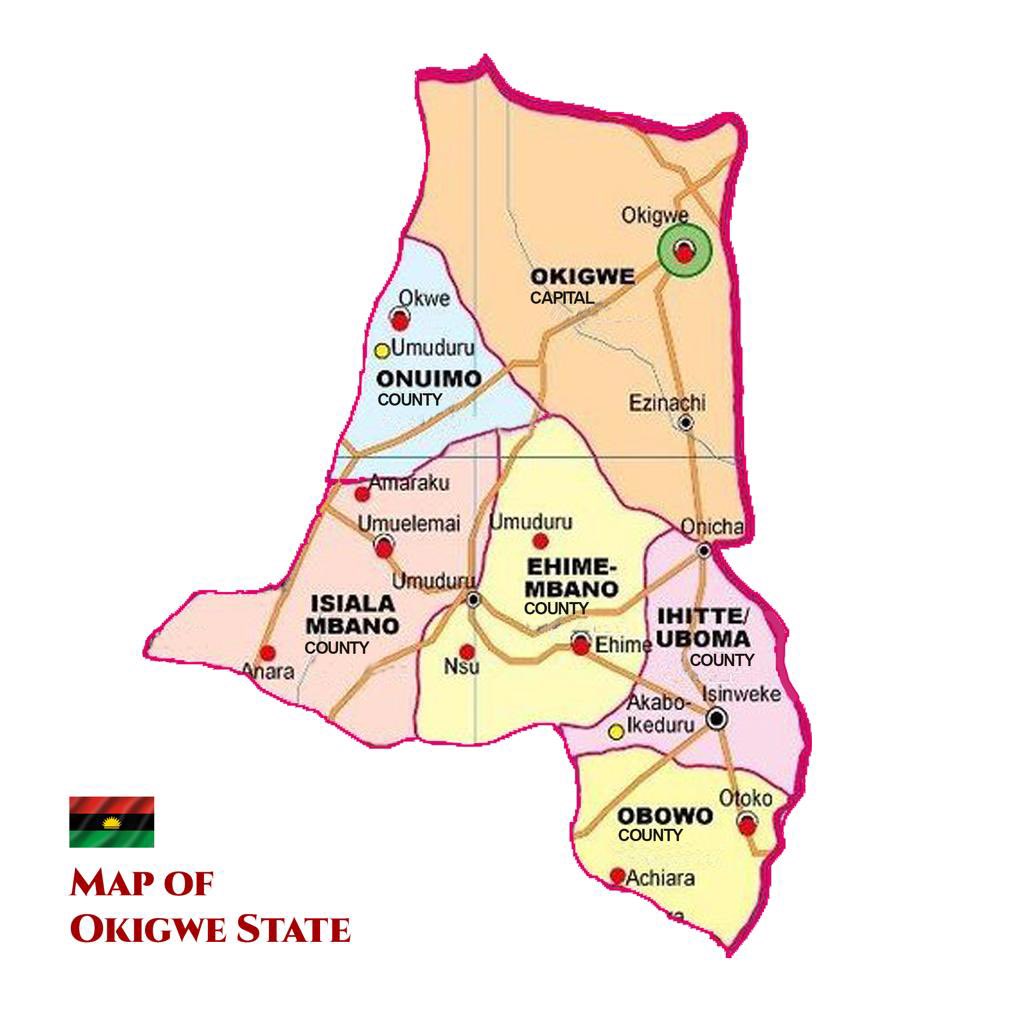
May 24
Nigeria: Central Bank Launches Cashless Policy Pilot in Lagos (2011)
What happened: On May 24, 2011, the Central Bank of Nigeria initiated its cashless economy pilot scheme in Lagos State.
How and why: Designed to curb cash-based corruption, reduce banking costs, and deepen financial inclusion via electronic transactions.
Aftermath: The policy later expanded nationwide, though rural adoption lagged due to digital infrastructure and literacy challenges.
Africa: AU Declares Africa Day of Nutrition (2001)
What happened: On May 24, 2001, the African Union declared the date Africa Nutrition Day to combat malnutrition and food insecurity.
How and why: Chronic hunger and poor childhood nutrition plagued the continent despite food abundance.
Aftermath: The declaration led to the Scale Up Nutrition (SUN) movement in several countries and placed child development on the policy radar.
Samuel Morse Sends First Telegraph Message (1844)
What happened: Samuel Morse sent the first telegraph message, “What hath God wrought?” from Washington, D.C., to Baltimore.
How and why: Morse’s invention of the telegraph revolutionized communication by allowing messages to be transmitted over long distances almost instantaneously.
Aftermath: The telegraph system transformed industries such as news reporting, commerce, and diplomacy, ushering in a new era of global communication.
The Suez Crisis Begins (1956)
What happened: Israel, followed by Britain and France, launched a military intervention in Egypt to seize control of the Suez Canal after Egyptian President Gamal Abdel Nasser nationalized it.
How and why: The attack was a response to Nasser’s nationalization of the canal, which had been a vital maritime route for global trade. The Western powers also sought to weaken Nasser’s influence.
Aftermath: The intervention was condemned internationally, particularly by the United States and the Soviet Union. The conflict marked the decline of British and French influence in the Middle East and highlighted the emerging Cold War power struggle.
NATO Bombing of Yugoslavia Ends (1999)
What happened: NATO’s 78-day bombing campaign against Yugoslavia ended after Slobodan Milošević’s government agreed to withdraw forces from Kosovo.
How and why: The bombing was a response to human rights abuses and ethnic cleansing committed by Yugoslav and Serbian forces against ethnic Albanians in Kosovo.
Aftermath: The bombing led to the eventual independence of Kosovo and a significant shift in the geopolitical landscape of the Balkans.





